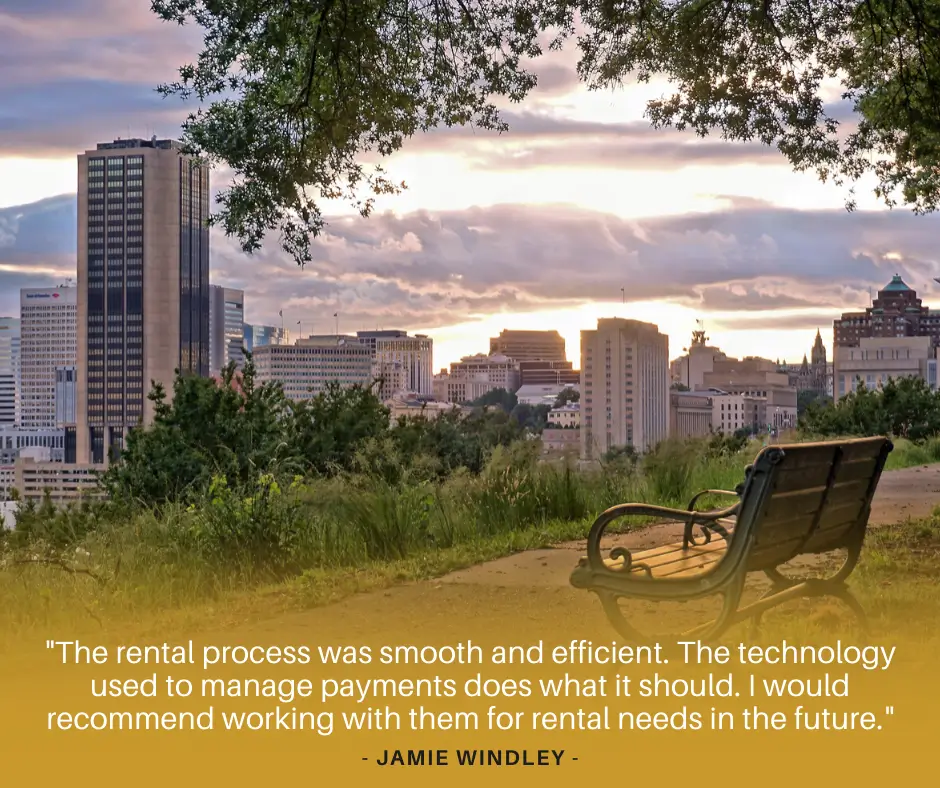If you're looking to sell your property, discover the benefits of a 1031 exchange, a powerful strategy that can transform your real estate journey. Whether trying to avoid a steep tax bill, reposition your portfolio, or grow your wealth more efficiently, this IRS-approved method offers tremendous advantages. The key is knowing how to use it wisely.
What Is a 1031 Exchange?
A 1031 exchange, based on Section 1031 of the Internal Revenue Code, allows you to defer capital gains taxes when you sell an investment property, as long as you reinvest the proceeds into another like-kind property. The term “like-kind” refers to the nature of the real property, not its type or quality. You can sell a rental home, buy a commercial building, or even vacant land, and still qualify.
The exchange must follow IRS rules, which include strict timeframes and the use of a qualified intermediary. This isn’t a way to dodge taxes—it’s a legal, strategic move to defer them and reinvest the full value of your investment.
The Top Benefits of a 1031 Exchange
1. Defer Capital Gains Taxes
The most obvious and immediate advantage is tax deferral. When you sell an appreciated property, you usually owe capital gains tax, sometimes up to 20% federally, plus state taxes. With a 1031 exchange, that money stays in your portfolio, working for you instead of going to the IRS.
2. Leverage Your Full Equity
Deferring taxes gives you more capital to reinvest. This boosts your buying power, letting you trade up to a larger or better-performing replacement property. It's a smart way to leverage your equity to maximize returns.
3. Rebalance Your Portfolio
You can consolidate multiple properties into one or diversify by acquiring properties in different regions or types, from residential to commercial. This helps you better manage risk and align with your evolving investment strategy.
4. Boost Cash Flow
You can use a 1031 exchange to move from a low-yield property into one with a better return. Imagine trading a house in a slow rental market for an apartment building in a high-demand area. This shift could significantly increase your monthly income.
5. Improve Estate Planning
If you continue to exchange properties until your passing, your heirs may benefit from a step-up in cost basis, potentially erasing the deferred capital gains. That’s a major long-term tax advantage for your family.
How the 1031 Exchange Process Works for Real Estate
A successful 1031 exchange hinges on timing and proper execution. Here’s how it breaks down:
- Sell Your Property
Once your property is sold, the proceeds must be held by a qualified intermediary. You cannot touch the money—it must go directly into your next purchase. - Identify a Replacement Property Within 45 Days
You must identify your new property in writing within 45 days of the sale. You can list up to three properties or follow one of the IRS’s alternate identification rules. - Close Within 180 Days
You have 180 days from the closing date of the original sale to complete the purchase of the replacement property. These deadlines are firm, and missing them voids the exchange. - Ensure Like-Kind Property Eligibility
The replacement property must be of like kind and held for investment or business use. Properties used for personal reasons—like your primary residence or vacation home—won’t qualify. - Report the Exchange
You’ll need to file Form 8824 with your tax return, detailing the transaction, properties, and financials involved.
Types of 1031 Exchanges
Delayed Exchange
The most common type. You sell first, then buy within the allowed time frames.
Reverse Exchange
Buy the replacement property before selling your current one. Complex but useful in hot markets.
Build-to-Suit Exchange
Use exchange funds to build or improve the replacement property, but improvements must be completed within 180 days.
Challenges to Be Aware Of
Time Constraints
The 45-day and 180-day deadlines are inflexible. Even missing by one day can trigger a taxable event.
Depreciation Recapture
You may still owe taxes on depreciation deductions you’ve claimed over the years. This can be taxed as ordinary income, even in an exchange.
Complex Rules
Not all properties or scenarios qualify. Consulting a tax professional is essential to ensure compliance with IRS regulations and avoid disqualifying the transaction.
No Personal Use
The property must be strictly for investment or business purposes. The IRS could disallow your exchange if you try to live in it or use it personally.
Real-Life Example
Say you bought a rental property 10 years ago for $250,000. It’s now worth $500,000. If you sell outright, you may owe capital gains tax on the $250,000 gain, plus depreciation recapture.
But if you use a 1031 exchange, you can roll that entire amount into a replacement property, like a multi-unit apartment. You’ll defer the taxes, grow your income potential, and keep more money in your portfolio.
Frequently Asked Questions
Q: Can I use a 1031 exchange for my primary residence?
No. Only investment properties qualify. However, a rental can become a primary residence under certain conditions after a holding period of two years or more.
Q: What qualifies as like-kind property?
Any real property held for investment or business purposes qualifies, including land, rental homes, commercial buildings, etc. The property for another must be within the United States.
Q: Can I pocket some cash and still defer some taxes?
Yes, but any boot (cash or non-like-kind property received) is taxable income.
Q: How often can I do a 1031 exchange?
There’s no limit. Many real estate investors use multiple exchanges over their careers to defer taxes indefinitely.
Q: Do I need a CPA or an attorney?
Absolutely. A 1031 exchange involves legal, financial, and IRS reporting complexities. Working with certified professionals helps ensure everything is executed correctly.
Ready to Take the Next Step?
If you’re serious about real estate investing and want to make more brilliant financial moves, a 1031 exchange could be a game-changer. It’s a tried-and-true method for building long-term wealth, deferring taxes, and growing your portfolio efficiently.
But timing and details are everything. That’s where experienced professionals come in. If you're considering selling and want to explore your 1031 exchange options, now is the perfect time to get expert guidance.
👉 Explore our Services to learn how we can support your investment goals.
👉 Contact Us today to schedule a personalized consultation and unlock the full potential of your next property investment.


